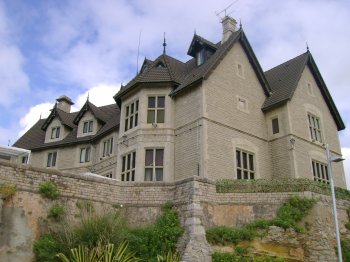Explore the best places
Results for Palácio da Pena in Portugal
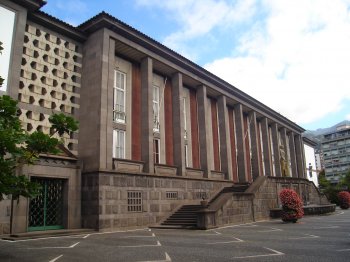
Palácio da Quinta das Torres
- heritage
EN10
2925, Vila Nogueira de Azeitão
This Palace has a tetragon shape with a small tower in each angle. On the inside, it sands out on the gallery, two big glazed tiles panels representing Troia takeover and Dido death.
Palácio da Quinta de São Mateus
- heritage
Rua Sacadura Cabral
2795, Linda-a-Velha
L-shaped plant Palace, built in the late 18th century. In 1860 the tile coating has been applied from the outside, probably by Louis Ferreira.
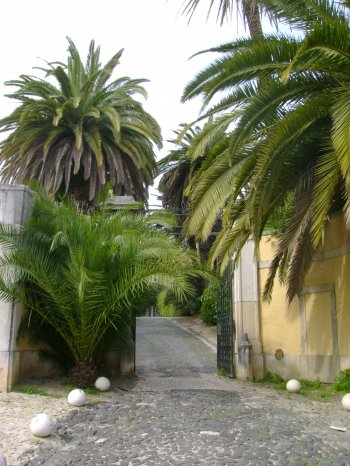
Palácio das Obras Novas
- heritage
Azambuja
2050, Azambuja
Building also known as the Queen's Palace, due to the fact that it was Dona Maria I responsible for the opening of the "Ditch". I worked as a coaching inn and later as traffic control post of vessels, persons and goods, which raged through the Ditch.
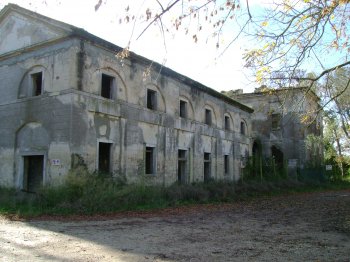
Palácio de Pina Manique
- heritage
Largo Pina Manique - EM511
2065-345, Manique do Intendente
This Palace construction was an ambitious Project during the XVIII century but it was never concluded. The central body is composed by a church with a porch and by two symmetric lateral bodies. The south façade has about 150 metres long. From this entire ensemble, the church was the only construction which has finished on the inside.
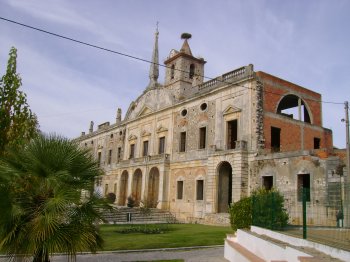
Palácio de São João Novo
- heritage
Largo de São João Novo
4050-554, Porto
The São João Novo Palace is a baroque style building from the XVIII century. The main front and the staircase which occupies the main area of the building stand out. The main gate is dominated by a large panelled arch, whose frames end with a pair of ornament.
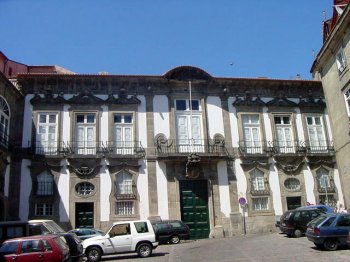
Palácio do Conde de Vimioso
- heritage
Campo Grande, 398
1700-098, Lisboa
Features on the façades facing to the outside, Bay Windows with iron railings on the piano nobile. Is a two storey building, whose entrance is through a courtyard, with a large staircase and wide fence. In its interior, are noteworthy decorative paintings.
Palácio do Duque de Loulé
- heritage
Rua Frederico Arouca, 100
2750-353, Cascais
In this building one can view the Louis XIII style ornamented with vestiges of the Greek and Arab antiquities, subtly combined. On the outer walls one can view a pleasant chess of red bricks.
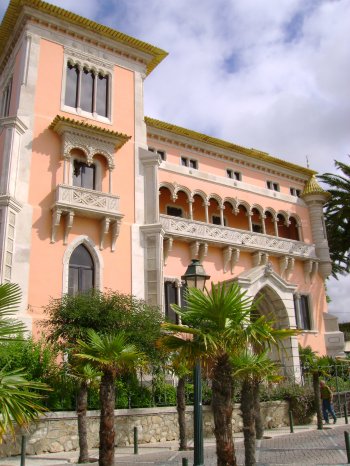
Palácio do Duque de Palmela
- heritage
Alameda Duquesa de Palmela
2750-335, Cascais
A palace built on the site of the demolished Fortress of Our Lady of Conceição, it was acquired in 1868 by the Duques of Palmela in order to build a summer residence there. The project belongs to the English architect Thomas Henry Wyatt. With a revivalist English architecture, this building is covered by masonry. In the main raised wall one can view, above the door, the coat of arms of the family of the Duchess of Palmela.
